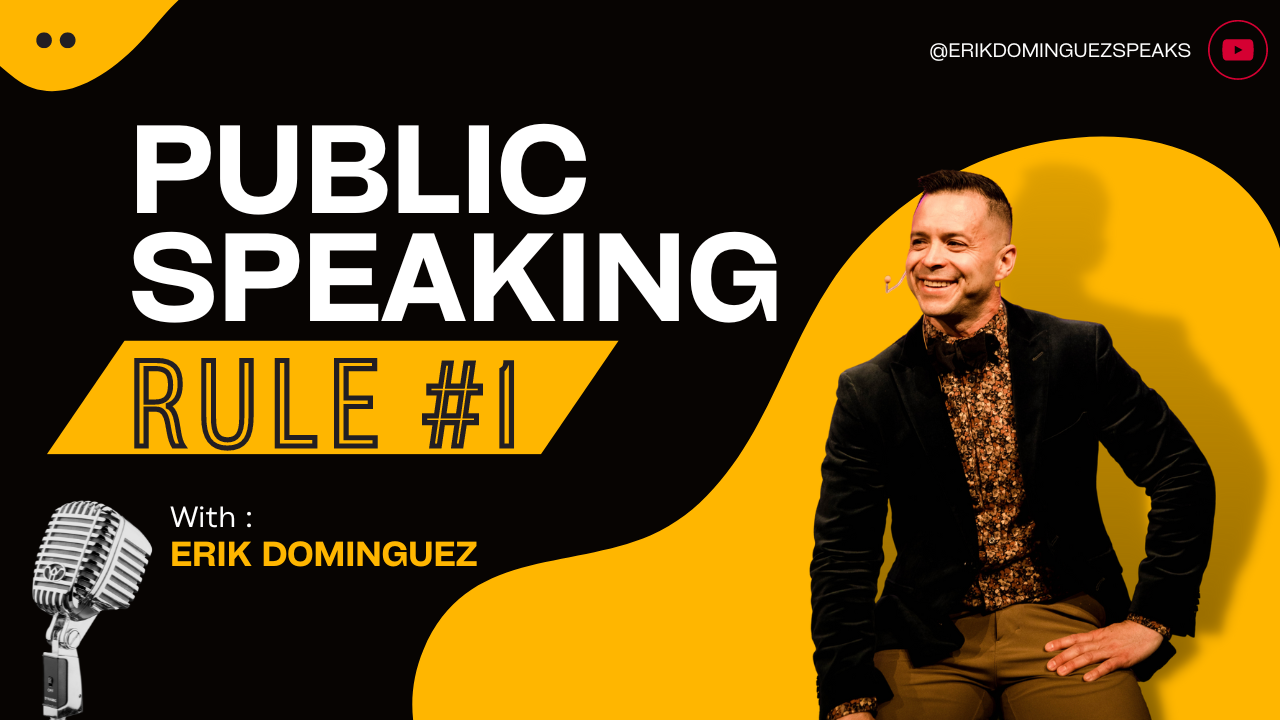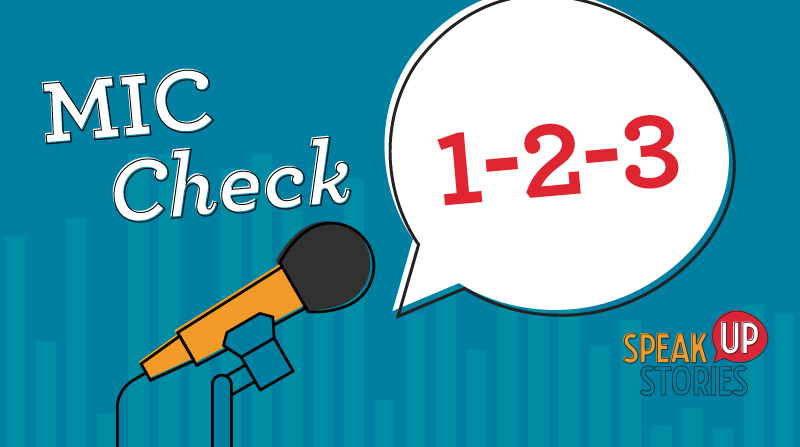IF YOU ARE A PROFESSIONAL SPEAKER, THE FOLLOWING TWO EXAMPLES WILL HAPPEN TO YOU.
Both of these situations happened to me within the last year:
Extend
Whenever I speak at a conference, I always do my best to watch and learn from other speakers. For this particular conference, I got to watch the entire morning sessions. It was a great learning experience for me, especially from the speaker right before me.
This speaker was a novice who, honestly, did a GREAT job in his presentation…with one fatal flaw. He went VERY under time—about 45 minutes. That is a lot of time to fill for an event planner. Thankfully, I was sitting right next to this particular event planner when I noticed the time. I leaned over and told her I could fill that time in my session.
My session went from 75 minutes to 120 minutes.
And it was so much fun and one of the best talks I have given. Not shocking, they immediately asked me back for the next year.
Here’s how I was able to fill the time:
- In my rehearsals, I usually have to edit. Edit stories, examples, questions, statistics, etc. However, I always rehearse my first draft. Thus, I have those stories, examples, and statistics in my back pocket.
- There’s something else I had in my back pocket: activities. This strategy comes from my teaching days. You always had a backup activity in case the day went haywire. It is the same in speaking.
That…that was fun. Being a speaker on the other side of time, is not nearly as fun.
Cut
Long story short, a speaker at a conference who spoke before me went VERY overtime—about 20 minutes.
20 minutes is a lot of time for a speaker.
Heck, TED Talks are shorter than 20 minutes.
Here’s what I DIDN’T do: I did not rush.
Rushing doesn’t do anyone justice and speaking at a faster rate actually increases your anxiety levels, making you even less effective. It is a tricky spiral.
So, I cut. I cut out an example and an activity.
Was I still an effective speaker? Yes.
Clients will gasp when I tell them to cut certain elements out. Yes, there needs to be a logical flow to your talks. But never fool yourself into thinking that EVERY thing you say is critical and let me take you through this logic:
- If you are an effective speaker, you are a leader who lives out what they speak.
- If you live out what you speak, you are a student of your content.
- If you are a student of your content, you would know how to summarize complex ideas into digestible pieces of information that your audience can process.
- If you have that expertise, you know the core of your main message.
- If that’s the case, you could land your main message in 120 minutes or 120 seconds.
Bonus to this story: When you are able to do #5, you can feel confident that you are a true leader in that content area and field.
KEEP SPEAKING UP YOUR STORY,

ENCORE: MORE TO EXPLORE

TIME IS A WAY TO MAKE (OR BREAK) CREDIBILITY
When speakers fail to manage their time, they undermine their own credibility. This failure can stem from inadequate preparation for the event or, even worse, from the speaker being so self-absorbed with their intended message that they disregard the allotted time. Both scenarios are highly damaging.

THERE IS ONLY ONE PUBLIC SPEAKING RULE
There are many effective and ineffective ways of presenting material to an audience. However, there is only ONE public speaking rule: respecting your time limit. Discover strategies for impactful, concise delivery that honors your audience’s time.



